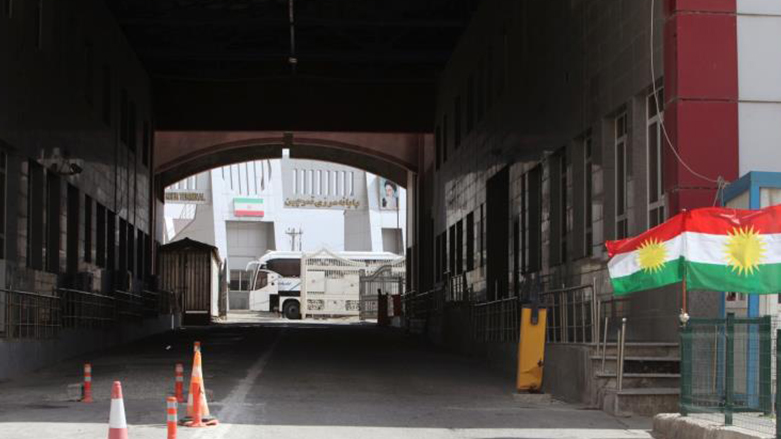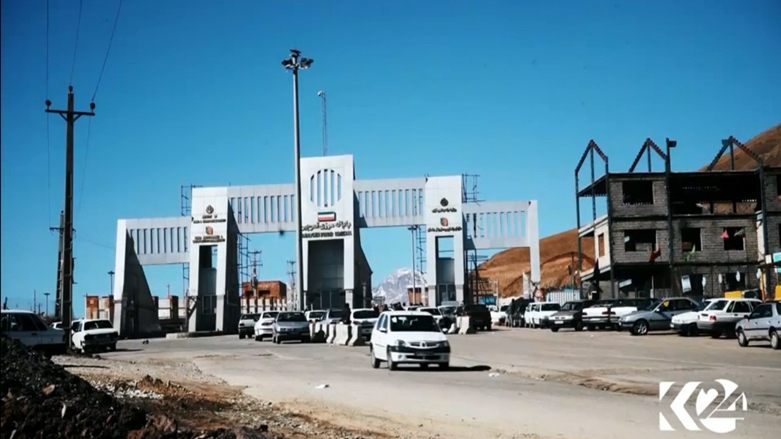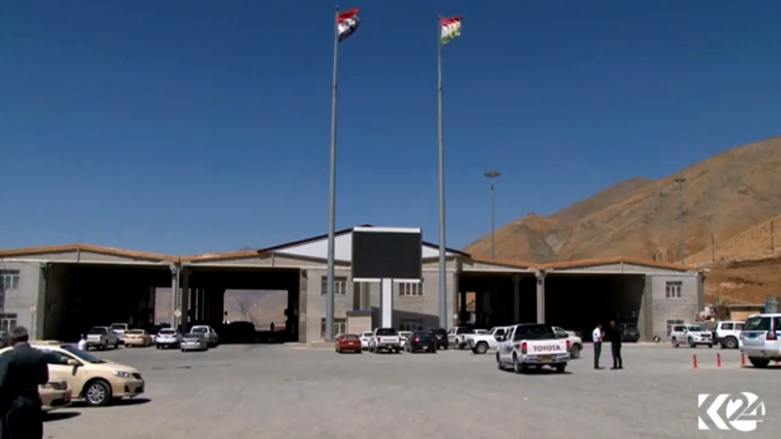Iran re-opens border after two-month closure

ERBIL, Kurdistan Region (Kurdistan 24) – An official with the customs office in the Kurdistan Region on Tuesday confirmed that Iranian authorities had reopened the border crossings of Parwezkhan in Sulaimani province.
According to Reuters, Iranian officials at the consulate in Erbil confirmed that “the Tamarchin [Haji Omaran] and Parwezkhan border crossings with Erbil and Sulaimani,” which had been closed since the Sep. 25 referendum on independence at the request of the Iraqi federal government, “were opened on Tuesday.”
The director of the Parwezkhan border crossing, Ali Tawfiq, told Kurdistan 24 that the Iranian authorities had officially opened the crossing early Tuesday morning and that “cargo vehicles and buses are now waiting to cross in both directions.”
On October 25, Iran reopened the first border crossing of Bashmakh with the Kurdistan Region. The decision came on the same day as the Kurdistan Regional Government (KRG) offered to freeze the results of the Sep. 25 vote as a step toward resolving its disputes with Baghdad through dialogue.
There are three official border crossings between the Kurdistan Region and Iraq: Bashmakh, Parwezkhan, and Haji Omaran. So far, the border gate located in the Erbil province remains closed despite the announcement.
“There has been no decision made regarding the Haji Omaran crossing,” Masoud Bateli, the Director of the Kurdish side of the Haji Omaran crossing, told Kurdistan 24. “Nothing official has yet come.”
Despite having good economic relations with Iran, KRG officials have often accused Tehran of interfering in the internal political affairs of the Kurdistan Region and Iraq.
An Iranian Member of Parliament last week revealed that closing the country’s border with the Kurdistan Region had inflicted $2.5 billion in losses to Iran, in addition to adverse social and political reactions.


